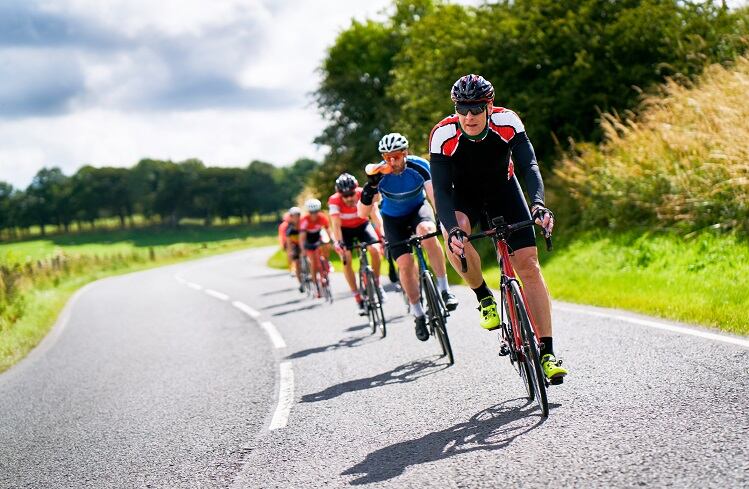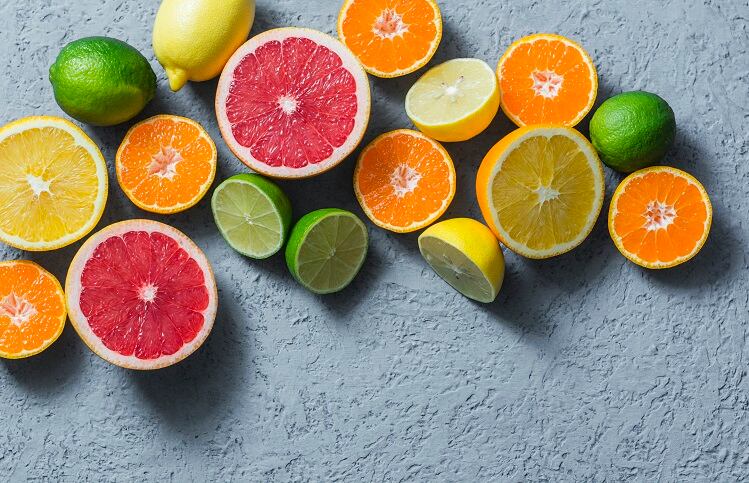The hesperidin they analyzed was Cardiose, a patented form of the orange extract by Spanish firm HealthTech BioActives, a subsidiary of the pharmaceutical company Ferrer, which funded the study.
“Our findings showed improvements in anaerobic performance after Cardiose intake, but not in placebo, suggesting the potential benefits of using Cardiose in sports with a high anaerobic component,” the researchers wrote in their paper, published yesterday in Nutrients.
Hesperidin is a polyphenol (pigment chemical compounds) found in citrus fruits. Polyphenols in general have been studied for their potential performance enhancing benefits, with some studies linking them to increased nitrous oxide production that may enhance oxygen transport to working muscles for longer workouts.
In the present study, researchers from the Catholic University of Murcia linked acute intake of 500 mg of 2S-Hesperidin in the form of Cardiose to improved average power output, maximum speed, and total energy compared to intake of a placebo.
“In addition, oxidative status and antioxidant defenses were slightly modulated,” they added.
The US Food and Drug Administration (FDA) had no objections to Ferrer's ‘Generally Recognized as Safe’ claim for the ingredient, which was filed in March this year.
In the EU, hesperidin has already been included in the non-novel food catalogue as a dietary supplement.
Study details
Fifteen amateur cyclists with at least more than one year of training participated in the study. The trial consisted of six lab visits.
On the first date, researchers collected blood, body measurements, and a general medical examination. The second visit consisted of a 24-hour diet questionnaire before testing and an incremental test until exhaustion on a bike.
During the third visit, participants were supplemented with either Cardiose or placebo five-hours before a 20-minute test at ventilatory threshold 1 (to measure exertion) intensity on a bike before and after a repeated all-out sprints test on a cycle ergometer, and four blood extractions.
One day later, participants went on their fourth visit for another blood extraction and urine collection. The fifth, sixth, and seventh visits were the same procedures performed on the second, third, and fourth, except that the participants were assigned to supplement with a different item from what they drank at the third visit.
“Future research should be conducted to evaluate the chronic effect of 2S-hesperidin supplementation on sports performance and oxidative stress, as well as to clarify if hesperidin can improve physical performance during high-intensity exercise,” they added.
Source: Nutrients
Published online, https://doi.org/10.3390/nu11081898
“Acute Effects of Hesperidin in Oxidant/Antioxidant State Markers and Performance in Amateur Cyclists”
Authors: Francisco Javier Martinez-Noguera, et al.



